PR (public relations) is less expensive than traditional advertising and is a perfect addition to your marketing plan because it adds third-party credibility to your products and services.
Given the power and cost-effectiveness of PR, it’s an easy first choice for budget-conscious business owners who don’t have the money for big advertising purchases. Whether you choose to engage a PR firm or go about various forms of PR yourself, there are a number of things you can do to maximize the impact the media can have on your organization.
Here are some steps small businesses should take when diving into PR.
1. Take Inventory All of Your Social Properties
One major function of PR is online reputation management.
As a small business owner, you need to make a list of all of the online profiles, platforms and social media sites your business is on. By doing this, you can quickly cross-check your online reputation with each of them, formulating a PR plan to potentially amplify great reviews or rectify any negative reviews.
2. Publish a Media Kit
Once you’ve gathered all your social properties into a simple list, you can publish them on a page. Develop a “Press” page that can be easily found from the front page of your website.
Include the list of social properties from above, as well as a company introduction with important facts, links to mentions in the press, any past press releases, and company contact information. If you are a speaker, your press kit (another name for media kit) will be invaluable as you connect with meeting planners.
3. Get Contact Info For Local Media Contacts
No matter where your business is located, it’s important to compile a list of relevant contacts at print, broadcast and online outlets in your given geographic region.
If something exciting happens with your business, you want to be able to quickly reach out to try to gain media coverage and, more importantly, build a lasting, mutually-beneficial relationship. Keep in mind that local media are often looking for a story so sharing your expertise on the air is a perfect opportunity to help them fill air time and for you to get your message out.
4. Know Your Industry-Specific Media Contacts
Most vertical industries also have specific websites, blogs, magazines, podcasts and stations (e.g. YouTube playlists). Put a list of those together as well, and look for a specific contact who you might be able to reach out to should you encounter anything that might be of interest to them.
5. Have a Strong Writer on Your Team
Statements, columns, blog posts of your own and press releases are powerful ways to get noticed.
Although you can hire professional writers, it’s valuable to have someone within your organization capable of getting the first draft going, especially in fields where domain knowledge is critical. You don’t have to have someone full time but do have someone that knows your business well enough to write effectively.
Budgeting for PR
Developing and executing a PR plan is one of the best things you can do for your small business.
You don’t need a large budget for good PR but you should plan to incorporate some money into the endeavor. Large businesses often employ a dedicated PR team or hire a PR firm to create an extended campaign. But in practice, small businesses can create effective PR even without a large budget.
It may be a good idea to hire a PR consultant to work within your budget, even if that just means you spend a few hours working together to create a plan you will implement on your own.
If you don’t have the budget for that, it’s still possible to strike out on your own. Something you can do is to invest your time into creating relationships with local reporters and media contacts in your area. If you’re consistent and you’re genuine, people will respond to you.
Media Outlets Love Small Businesses
Small businesses often wonder if media outlets will be interested in covering them or mentioning their products when big brands are much better known.
Many times, though, a lack of previous exposure will work in your favor. In fact, small businesses normally don’t already have a narrative or perception attached to their brand, which gives media outlets and influencers more of a story to work with.
Using PR for your benefit is a strong marketing strategy. Take some time to go through the steps included here and get started leveraging PR to your advantage on and offline. There are countless opportunities to share the news about your company, products, and services so don’t let those opportunities continue to pass you by.

 Local SEO Services
Local SEO Services



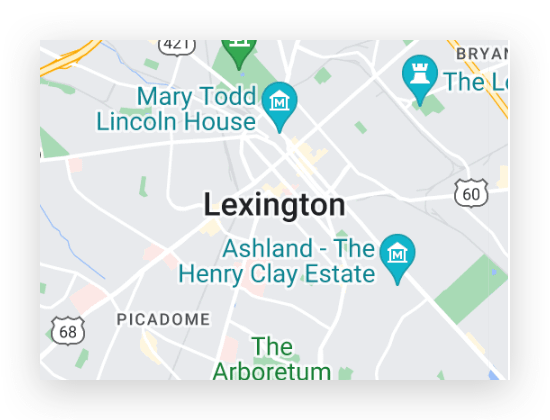
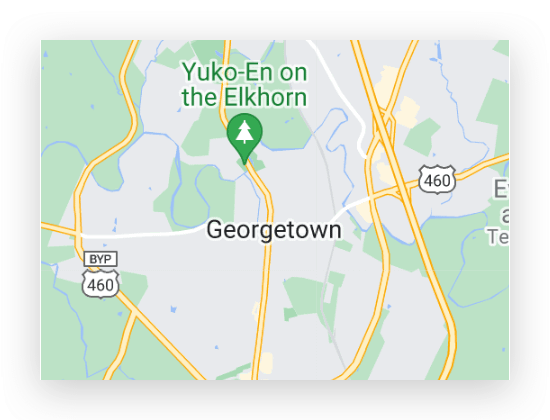
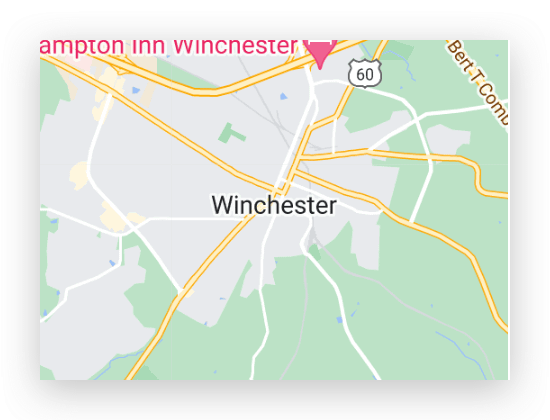
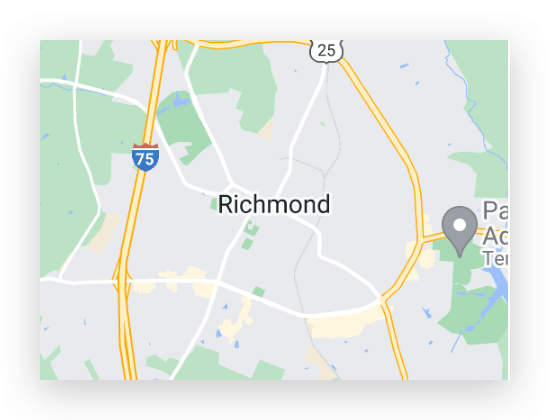
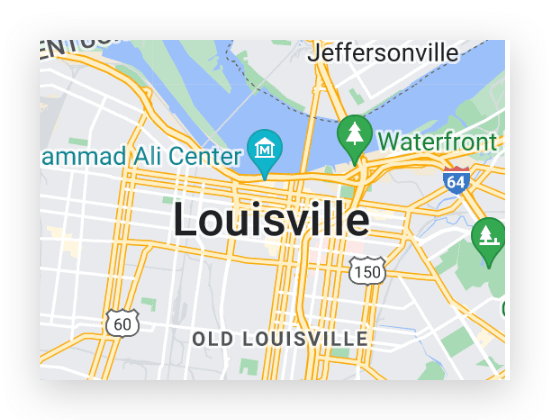
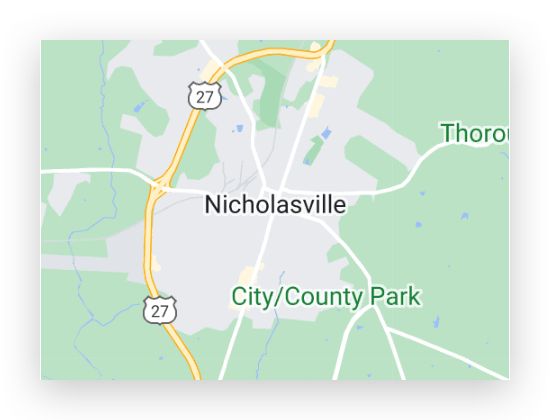







 About Us
About Us Newsletter
Newsletter Our Work Brochure
Our Work Brochure